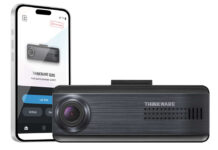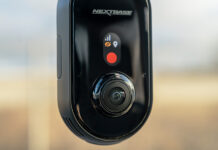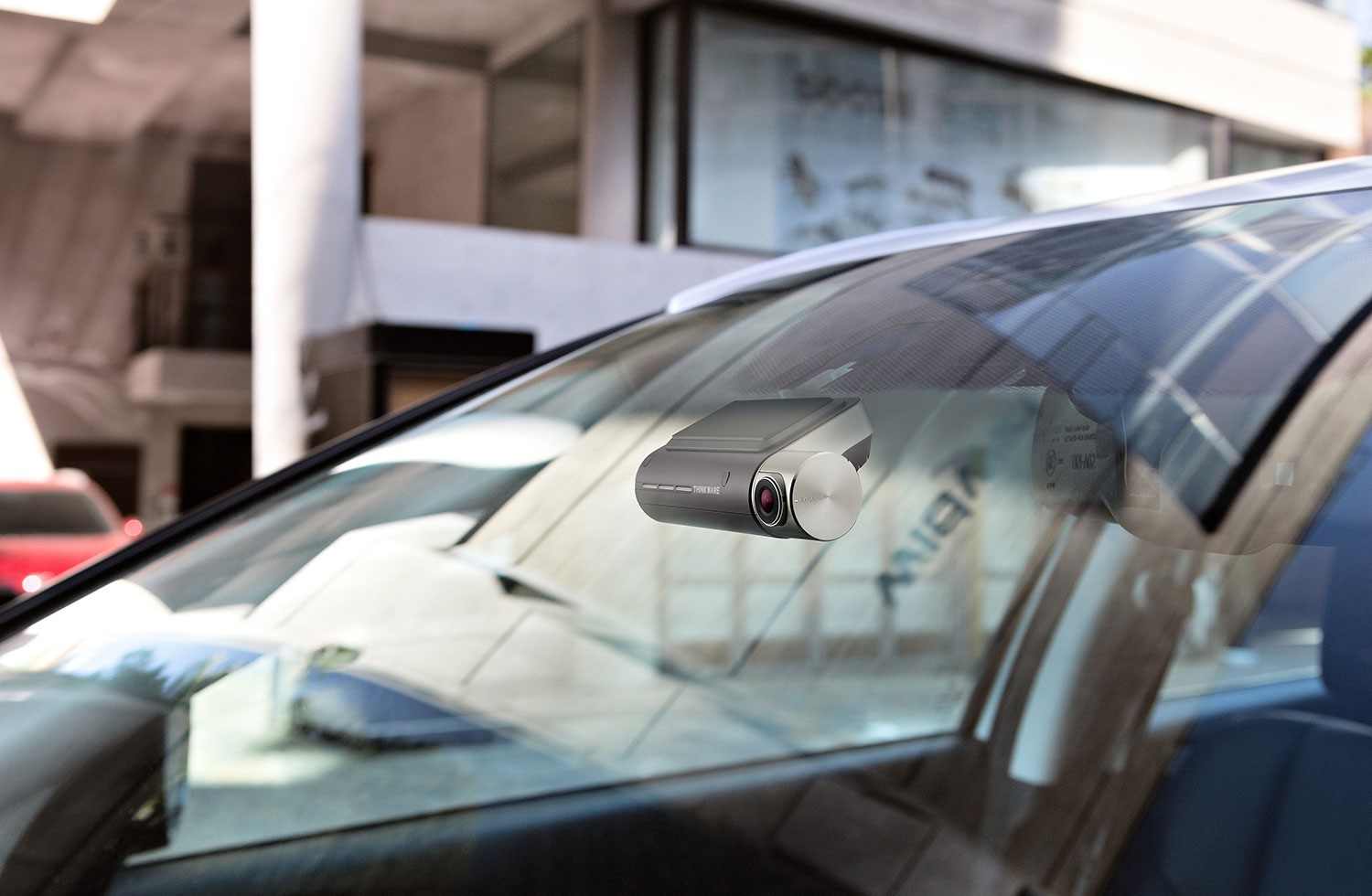 The Dashcam is still considered a luxury for most car owners, even though they are slowly becoming more and more affordable. In fact, you now have some really decent dashcam options for around the price of a full tank of gas in most major cities in Canada. Entry level dashcams now start at less than $50. This article will speak to what a dashcam is, talk about some reasons to own a dashcam, discuss your installation options, and talk about things to consider when looking for a dashcam.
The Dashcam is still considered a luxury for most car owners, even though they are slowly becoming more and more affordable. In fact, you now have some really decent dashcam options for around the price of a full tank of gas in most major cities in Canada. Entry level dashcams now start at less than $50. This article will speak to what a dashcam is, talk about some reasons to own a dashcam, discuss your installation options, and talk about things to consider when looking for a dashcam.
What is a Dashcam?
Chances are you’ve come across a viral dashcam video or two, whether it’s the cops pulling over a dangerous driver, an accident here or there caught on film, or some miraculous moments on the road where people are lucky to be alive. A dashcam is an on the ground/in the trenches style of street level security for your vehicle. This type of surveillance sits within your car (usually attached to the front windshield/rearview mirror and/or somewhere on back of the vehicle) and records the outside world while you drive.
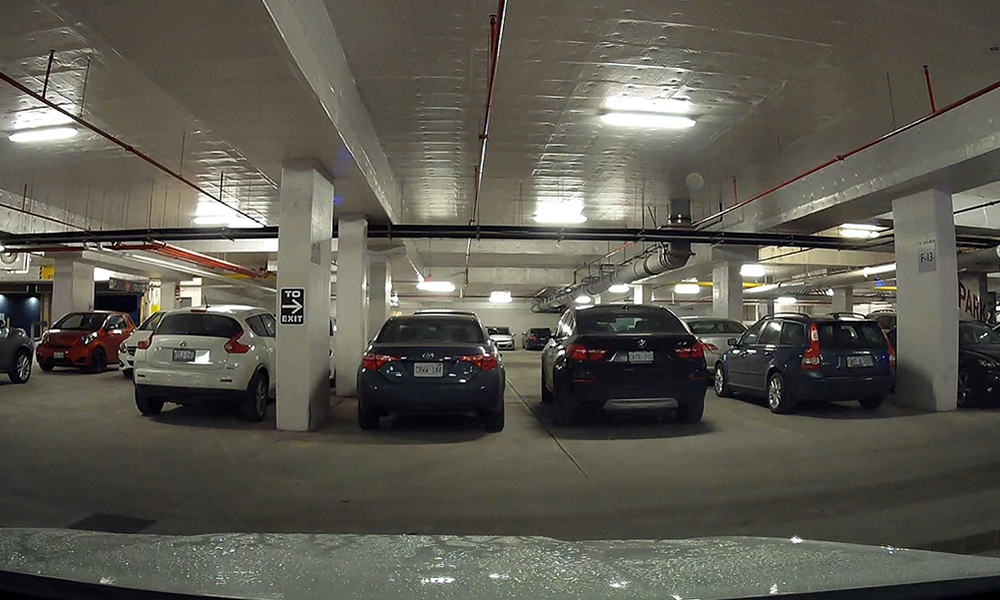
What can I use a Dashcam for?
Dashcams can be more than just a source of viral internet entertainment. They can definitely help with meaningful life scenarios, such as showing off a commute route or capturing your area to show your friends and family. Perhaps the most common and important reason to pick up a dashcam is documentation and evidence. If your vehicle is being vandalized where you park and you want to see who’s doing it, or you want something to help prove fault in the event of an accident (since insurance companies don’t tend to accept eyewitness accounts from anybody traveling with you), a dashcam will provide you that outlet for proof.
With the rising cost of car insurance in Canada, I’ve now seen more than one case of dashcam advocates approaching insurers to seek a discount off their collision and comprehensive rates just for having a dashcam. The belief is that having dashcams will shorten the time it takes to settle claims and prove fault, placing blame more in the hands of people that deserve it through that video evidence.
You can often tinker the settings of your dashcam to record at various parts of your drive, and even while you’re parked (if you park in a public place, for example) to help you in whichever way you’d like.
How to set up your Dashcam
Dashcam setup in general is as easy as you’d like it to be, or as complicated as you’d like it to be. Allow me to explain. Chances are you’ve installed a TV at home and you’re from one of two schools of thought:
- I’m the easy in/easy out type of installer. Don’t care about visible wires.
- I’m the type of person that likes to hide all of my wires and have the cleanest appearance possible.
Installing a dashcam is very similar. If you don’t really care about the presence of visible wires, or just want to tape them out of the immediate way, installation should only take about 5 minutes or so. You simply mount the dashcam following its instructions and plug your camera into the cigarette lighter/power socket. From there, follow any instructions to get it up and running and you’re set!
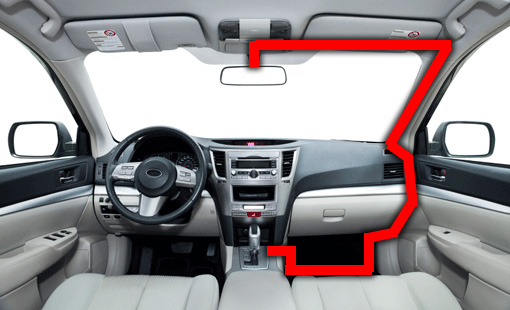
There is a much more complex method for permanent hardwiring, and it involves getting your vehicle’s fuse box involved and hooking up the dashcam’s wiring to it. This one can still be a fairly DIY process, but it’s a lot more complicated than just plugging something into a cigarette lighter port. If you’re not comfortable with this, I’d say give your dealership a call to see if they have someone there that can install it during your next service, or perhaps give Geek Squad a call to see if they have someone in your area that can do it for you.
What should I consider when looking for a Dashcam?
You don’t have to consider much around installation when picking up a dashcam since about all of them have one (or both) of the installation methods I mentioned above. Here are some of the things you should keep in mind when selecting the right dashcam:
- Size of your vehicle: The size of your vehicle and available space might play into the type of dashcam to buy. You don’t want something that’s going to obstruct your drive, and larger dashcams installed in a smaller vehicle might do just that. Dashcams come in different shapes and sizes, so be sure to find one that’s the right fit for your car.
- Recording Quality: In the past few years, dashcam recording quality has improved significantly. You’re now getting a lot of camera options that have 1080p as a default recording quality. If you’re not too concerned about that, there are still a few 720p options available to you. But if you want more, Garmin has started releasing dashcams with 1440p recording too. That’s a huge recording resolution that you wouldn’t normally expect out of something like a dashcam!
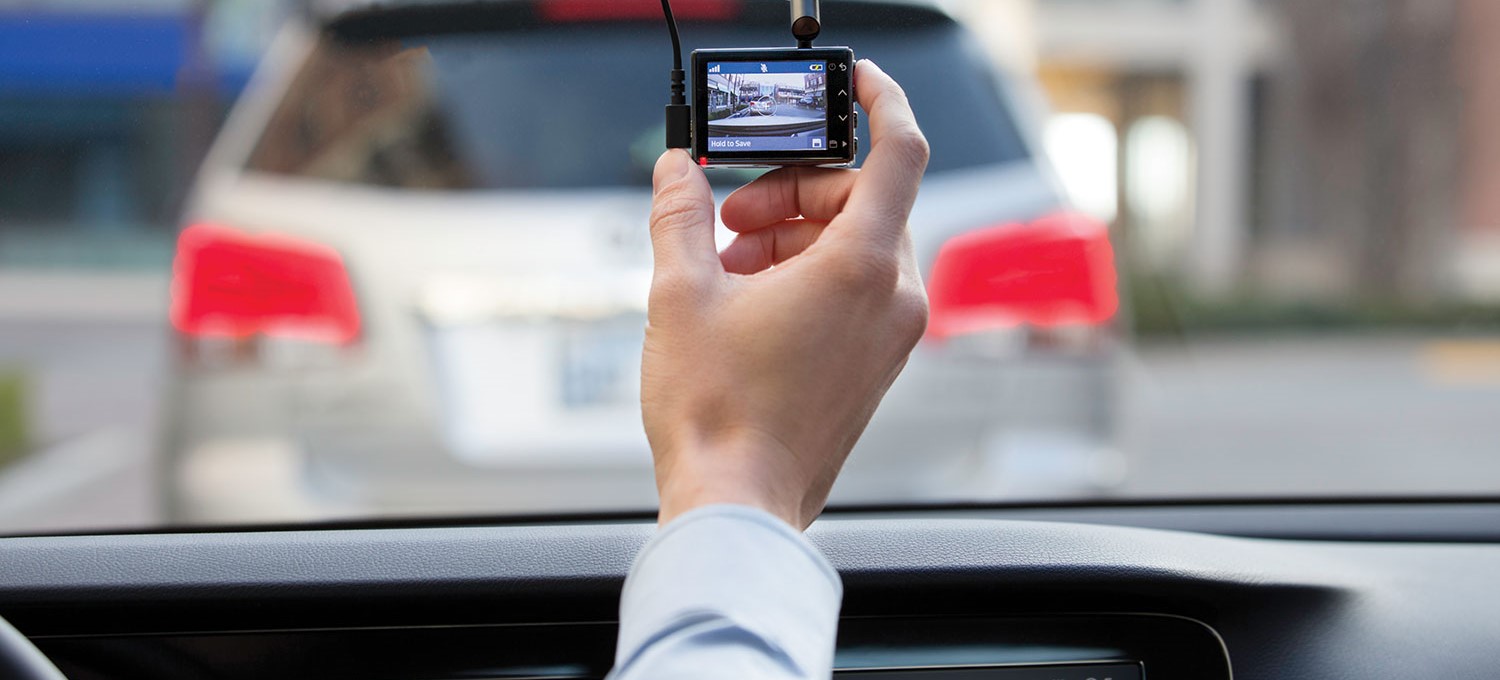
- Storage capabilities: While picking out that perfect dashcam, be sure to pay attention to how your dashcam records footage, and whether you can expand or add to it (if need be). You should also get a good understanding of what happens with your camera’s memory once it runs out. Does it just stop recording (requiring your action to help resolve the issue), or does it begin to overwrite old files automatically? I’m one that prefers the latter personally. As a general rule of thumb, an hour of full 1080p recording can be upwards of 6GB, so factor that into your storage needs.
- Your budget: Most important here is your budget. You could start with something top of the line and get it over and done with. However, if you’re not completely sold on the idea, you could always try an entry level camera and then upgrade as time goes on. As I mentioned off the top, dashcams start from as little as $50 now, with higher tier cameras costing more, but not into the thousands like we used to see.
- Extra bells and whistles: With no two cameras being built equally, you should also make sure you read up on any extras the dashcams you’re looking at have. For example, some cameras capture your GPS coordinates while you drive so that you can bring up timecodes with your recordings. Some cameras have better night vision capabilities than others. Some cameras feature damage and impact sensors, where footage begins to record automatically (if you forget to turn it on) at the moment of impact, and keeps going from there. Some cameras will also have automatic on/off systems to ensure they aren’t draining your vehicle’s battery if you don’t want them to. The latter is something that might be tricky if you’ve installed one with a cigarette lighter as the power source and it remains on as long as something is plugged into it (even when the vehicle is off.)
Once you’ve weighed up what you’d like to do and figured out how you’d like to install your dashcam and are ready to roll, all that’s left now is for you to pick out the perfect dashcam. Your new dashcam awaits with a huge selection of models available now at your local Best Buy and online at BestBuy.ca
Are you already a dashcam owner? Do you have any tips for our interested readers? Please share them in the comments below!

